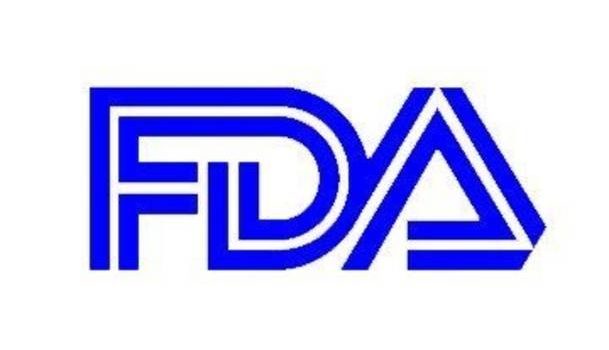Media coverage of two British healthcare workers who experienced anaphylaxis after receiving the Pfizer/BioNT version of the COVID-19 vaccine last week led to widespread presumption that the vaccine should not be given to patients with a history of allergic reactions to vaccinations. In an effort to dispel that notion, the Centers for Disease Control and Prevention issued an announcement stating that the vaccine is believed to be safe for use in all patients, but that …
Read More









